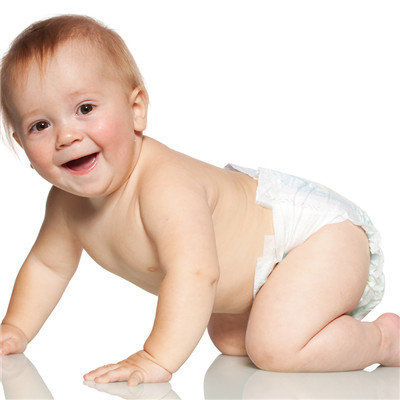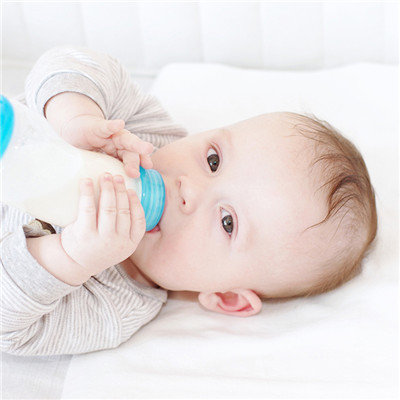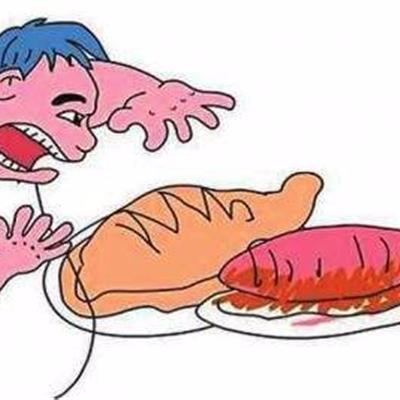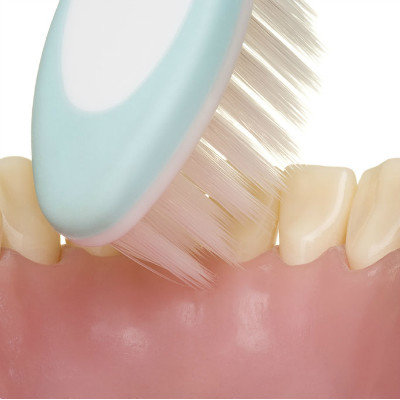Symptoms of heart failure in children
summary
When it comes to heart failure and heart disease and so on, many people will immediately think that the elderly have some genetic problems leading to heart disease. Heart disease caused by heredity is the most common in children, and it is also the most harmful disease in children. So what are the clinical manifestations of heart failure in children? Now let's talk about it.
Symptoms of heart failure in children
① Tachycardia: infant heart rate > 160 beats / min, school-age children > 100 beats / min, is the early phenomenon of compensation. Because of the decrease of cardiac output, the increase of heart rate in a certain range can improve cardiac output and tissue hypoxia. Heart enlargement and hypertrophy;

③ Galloping horse rhythm: the appearance of galloping horse rhythm in diastolic period is caused by sudden ventricular expansion and rapid filling, which indicates that the child has poor cardiac function. (4) peripheral circulation disorder: the patient's pulse is weak, blood pressure is low, pulse pressure becomes narrow, there may be odd pulse or alternate pulse, limb peripheral cooling and skin blooming, which are signs of acute systemic circulation blood flow reduction.

Hyperhidrosis: especially in the head, caused by compensatory enhancement of sympathetic nerve excitation. (6) developmental malnutrition: due to long-term poor tissue perfusion and insufficient calorie intake, children with heart failure show no weight gain, fatigue, weakness and growth retardation.

matters needing attention
1. Prevention of cold in the cold season or sudden climate change, patients should reduce going out, wear masks and appropriately add clothes when going out, and patients should also less go to crowded places. Patients with respiratory tract infection, it is very easy to make a sharp deterioration of the disease. 2, moderate activity, do some physical activity, but avoid too much activity, too fierce, can not participate in more intense activities, lest heart failure suddenly aggravate. 3. The diet should be light, less salt, less greasy and more fruits and vegetables. For patients with heart failure, salt intake must be controlled. Excessive salt intake will increase fluid retention and aggravate edema, but it * s not necessary to avoid salt.










